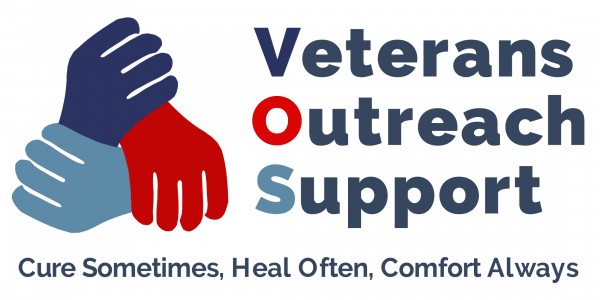Stamp fraud involves the preparation, distribution and sale of previously used stamps for reuse. Usually these stamps are sold online, at a lower price than the standard postal service rate.
Anyone knowingly collecting, preparing, distributing, reusing or selling used stamps to avoid paying full postal fees may be committing a form of fraud.
How it can impact charities
A number of charities collect used stamps as a means of fundraising.
Although we do not believe that charities are knowingly profiting from the collection and sale of used stamps, some are inadvertently enabling this form of fraud by selling packages of used stamps, commonly referred to as ‘kiloware’.
The majority of these stamps are then prepared and fraudulently re-sold as if they were valid postage. The money being made by criminal gangs from this type of fraud is significant, and can be used to fund further and wider scale criminal activity.
Fundraisers may believe they are selling stamps to collectors but this is rarely the case as these stamps have little collectable value.
Charities should avoid engaging in this activity unless they are certain that the stamps collected and sold are genuinely being bought by collectors, and are not being used for fraudulent purposes.
Warning signs to look out for
Signs that a potential buyer of used stamps may not be a genuine collector include:
Requests to bulk buy
Be wary of requests from individuals to purchase UK or GB ‘kiloware’ from you in bulk. Genuine collectors tend to have their own sources of used stamps and often trade with each other – it is unlikely that they would specifically call on charities to provide loose stamps.
Requests for certain types of stamps
There is no reason for any genuine dealer to request uncancelled stamps, ‘Non Value Indicator’ stamps (do not display a price), or Christmas stamps in bulk. An uncancelled stamp is one which has been through the postal system, but hasn’t been marked as used. It is often incorrectly referred to as unfranked.
Offering to deal stamps on your behalf
Some stamp collectors may genuinely request foreign or specialist stamps but charities should consider a company or person offering to deal stamps on their behalf as a potential red flag.
All of the above examples put your organisation at risk of being unwittingly involved in a form of fraud that is potentially funding wider scale criminal activity.

















